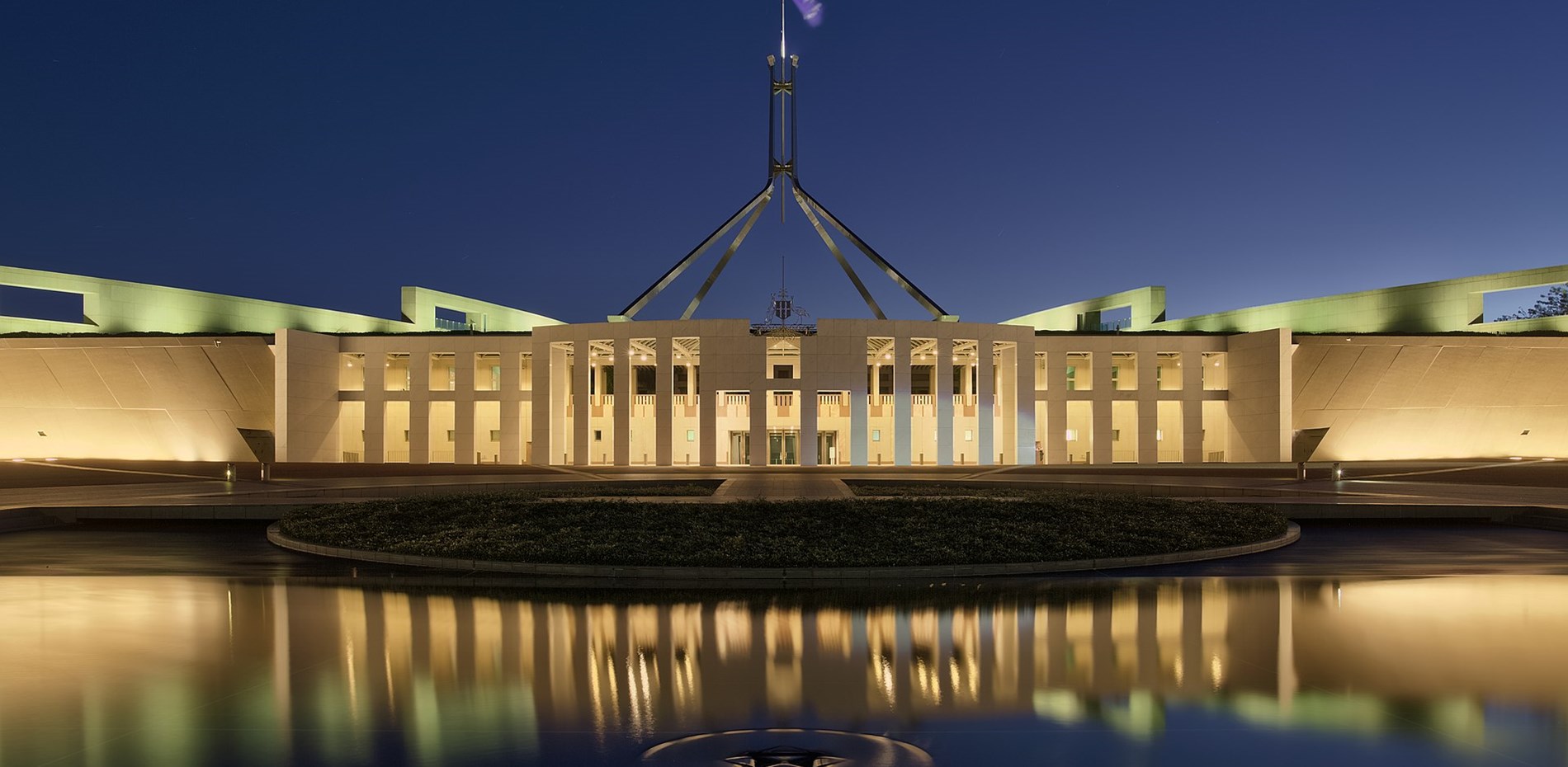The Current Context
Anti-corruption commissions are powerful and independent investigatory bodies that serve the public by uncovering corruption and ensuring that members of a government, including politicians, are held to account if they engage in corrupt conduct.
Every Australian State and Territory has now established its own anti-corruption commission. But, despite overwhelming public support, there is still no anti-corruption commission at the federal level.
In December 2018 the Morrison Government was finally dragged, kicking and screaming, to commit to establishing what it called a “Commonwealth Integrity Commission”. However, after more than two and half years they have failed to honour that commitment.
The Morrison Government’s ever-increasing list of scandals and cover-ups has reinforced the urgent need for a powerful and independent National Anti-Corruption Commission.
Labor’s Plan to tackle corruption in the Federal Government
Labor believes the time is long past for a National Anti-Corruption Commission (NACC) to be established, and an Albanese Labor Government will give priority to introducing legislation to establish such a body.
The NACC established by Labor will operate with all the independence, resources and powers of a standing Royal Commission into serious and systemic corruption in the federal government.
Labor has been working with Australia’s preeminent legal and integrity experts to develop design principles that will ensure the NACC is the most effective anti-corruption watchdog in the country. Under these design
principles the NACC will:
- have broad jurisdiction to investigate Commonwealth ministers, public servants, statutory office holders, government agencies, parliamentarians, and personal staff of politicians.
- carry out its functions independently of government, with discretion to commence inquiries into serious and systemic corruption on its own initiative or in response to referrals, including from government agencies, Members of Parliament, whistleblowers, and complaints from the public. To ensure the Commission is and remains independent, the Commissioner and any Deputy Commissioner would serve for a single fixed term and have security of tenure comparable to that of a federal judge;
- be overseen by a statutory bipartisan Joint Standing Committee of the Parliament, empowered to require the Commission to provide information about its work. To ensure bipartisan support for the Commission’s work, that Committee would be responsible for confirming the Commissioners nominated by the Government;
- have the power to investigate allegations of serious and systemic corruption that occurred before or after its establishment;
- have the power to hold public hearings where the Commission determines it is in the public interest to do so;
- be empowered to make findings of fact, including a finding of corrupt conduct, but not to make determinations of criminal liability. Findings that could constitute criminal conduct would be referred
to the Australian Federal Police or the Commonwealth Department of Public Prosecutions for further consideration; and - operate with procedural fairness and its findings would be subject to judicial review.
The difference between Labor and the Liberals is clear
Labor’s policy to establish for the first time in Australia a National Anti-Corruption Commission will make a permanent and much needed change to standards of integrity and accountability in the federal government.
The powerful and independent NACC that Labor will establish stands in stark contrast to the universally condemned model for an integrity commission put forward by the Morrison Government. Mr Morrison’s proposed integrity commission has been designed to be so weak that it would be unable to commence
its own independent inquiries into Government corruption, prevented from holding public hearings into politicians or public servants, and banned from investigating any of the multiple past scandals of the Morrison Government. It has been described by legal experts as a body designed not to stamp out corruption, but to
help cover it up.
Corruption in the federal government has been growing over recent years and the Liberals have failed to take any action to tackle it, leaving the Commonwealth the only Australian government without a body dedicated to uncovering and stamping out corruption by public officials.
An Albanese Labor Government will put an end to the Morrison Government’s shameful tolerance for corruption, and help restore the Australian people’s trust in their government by establishing a powerful, transparent and independent National Anti-Corruption Commission.


